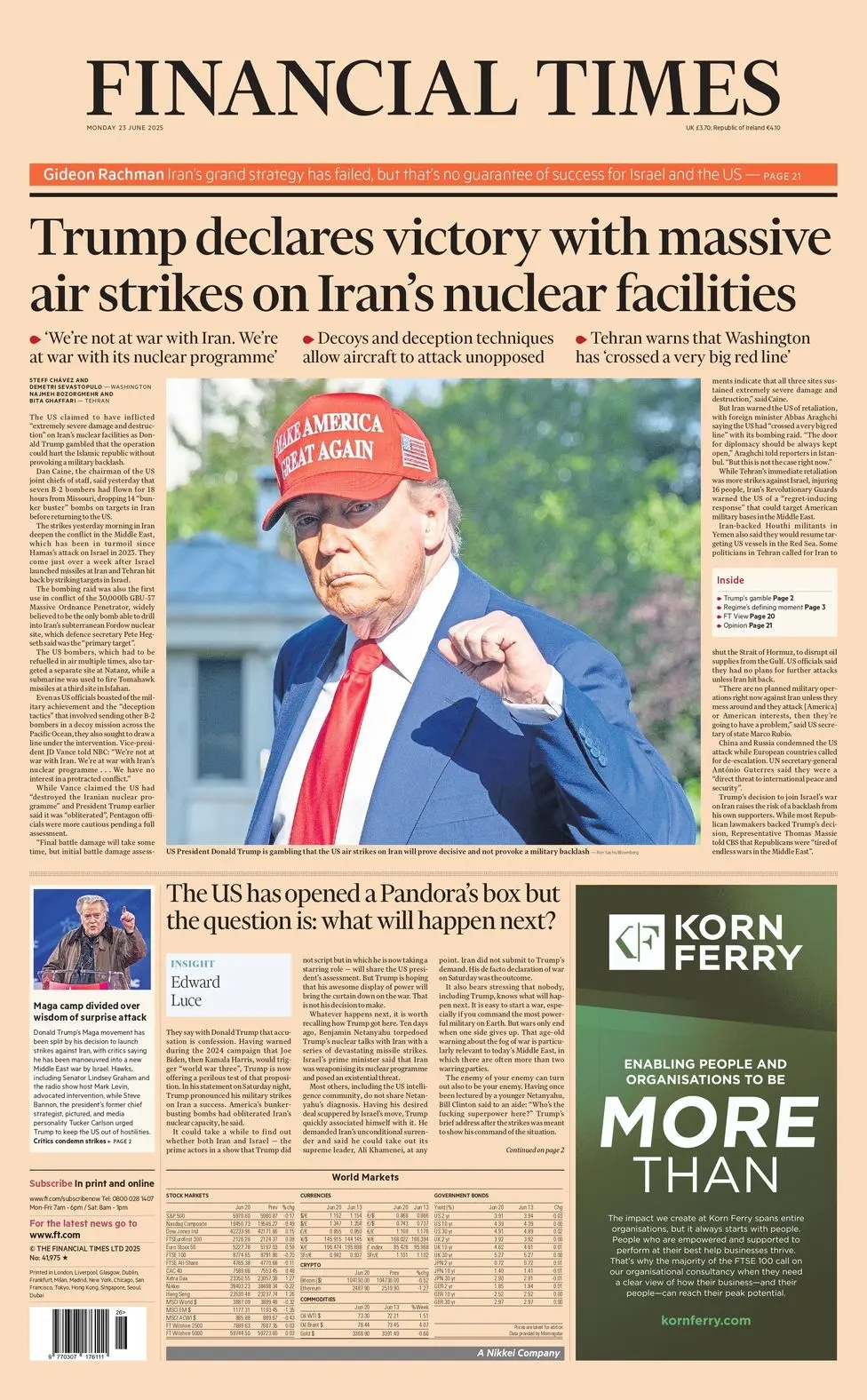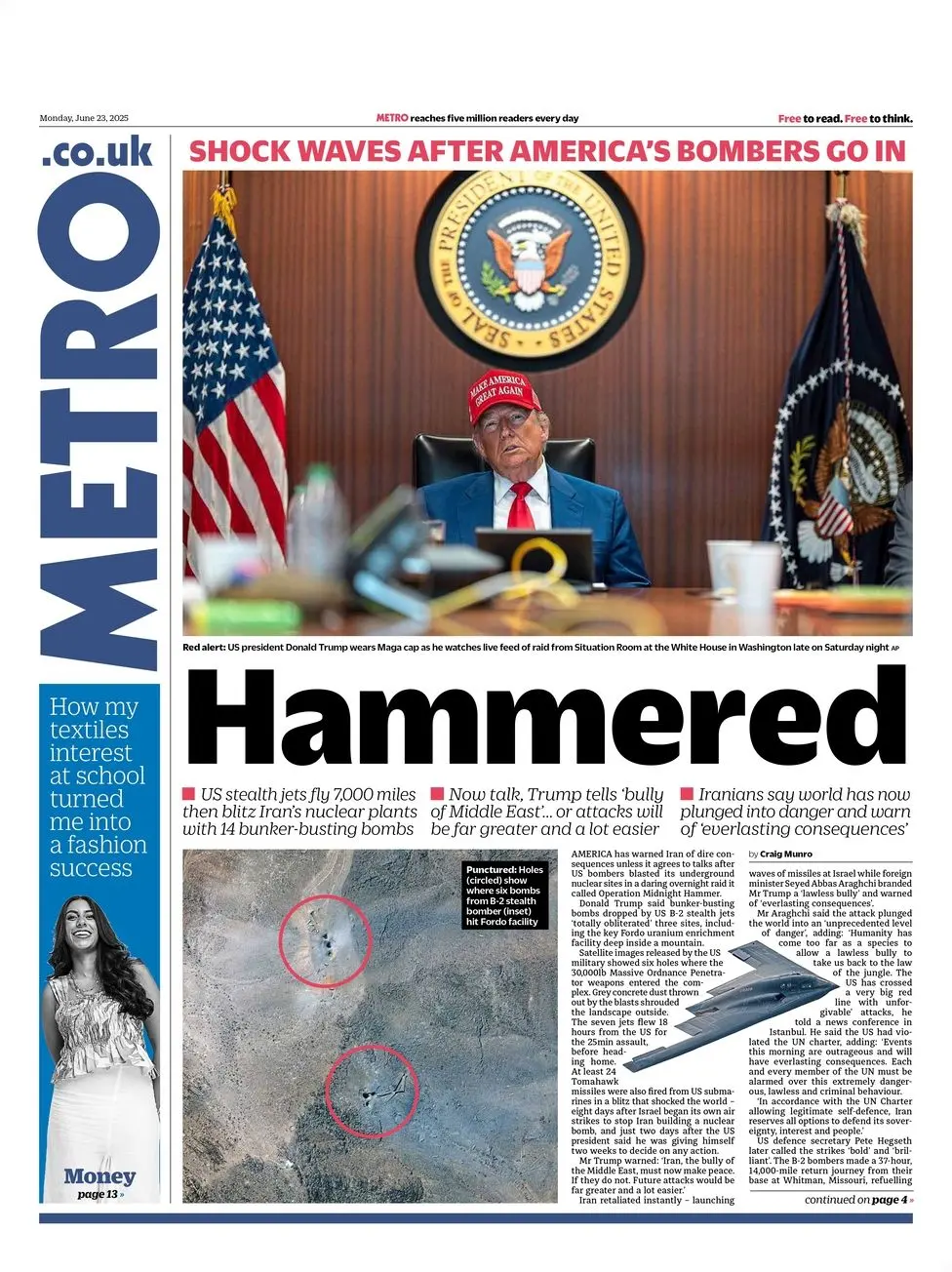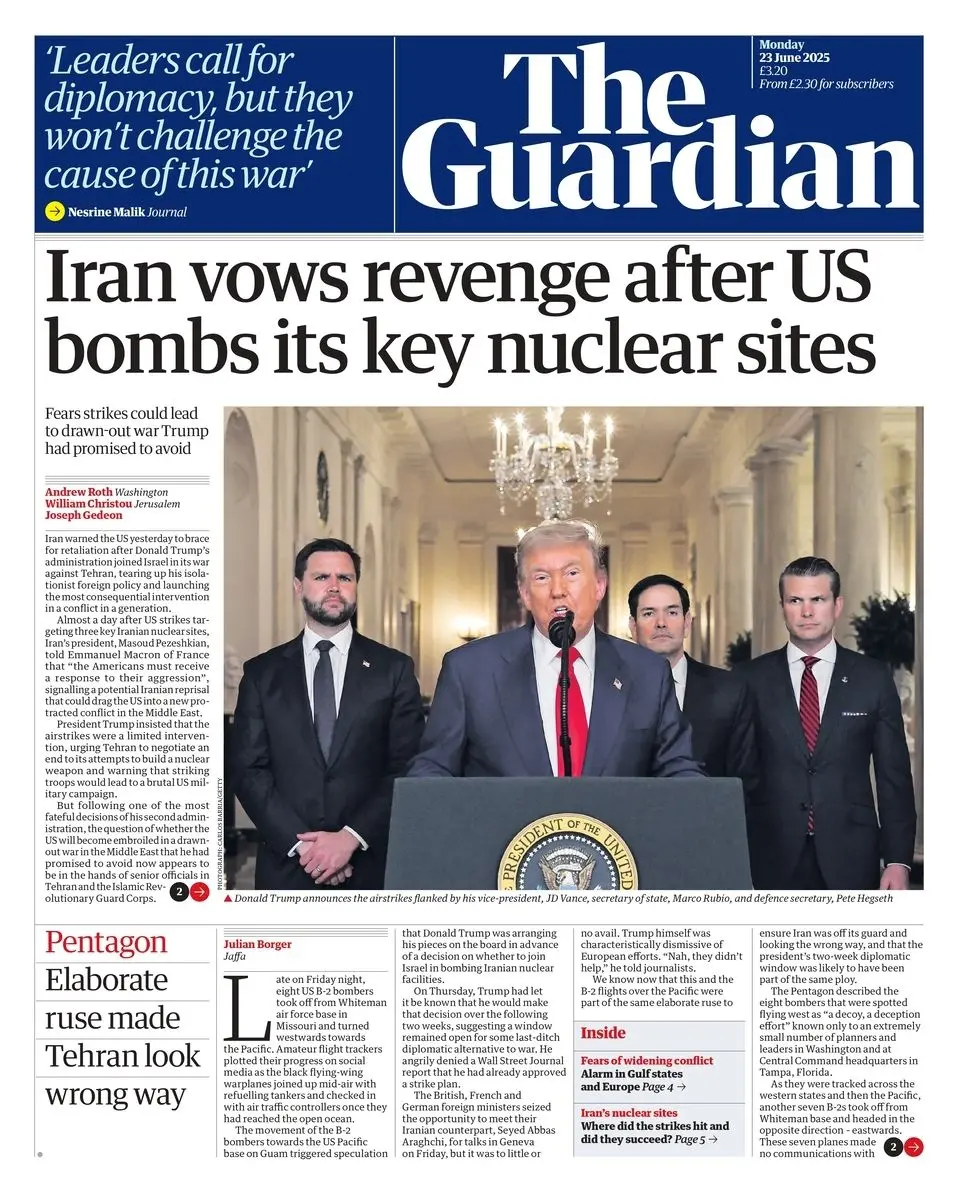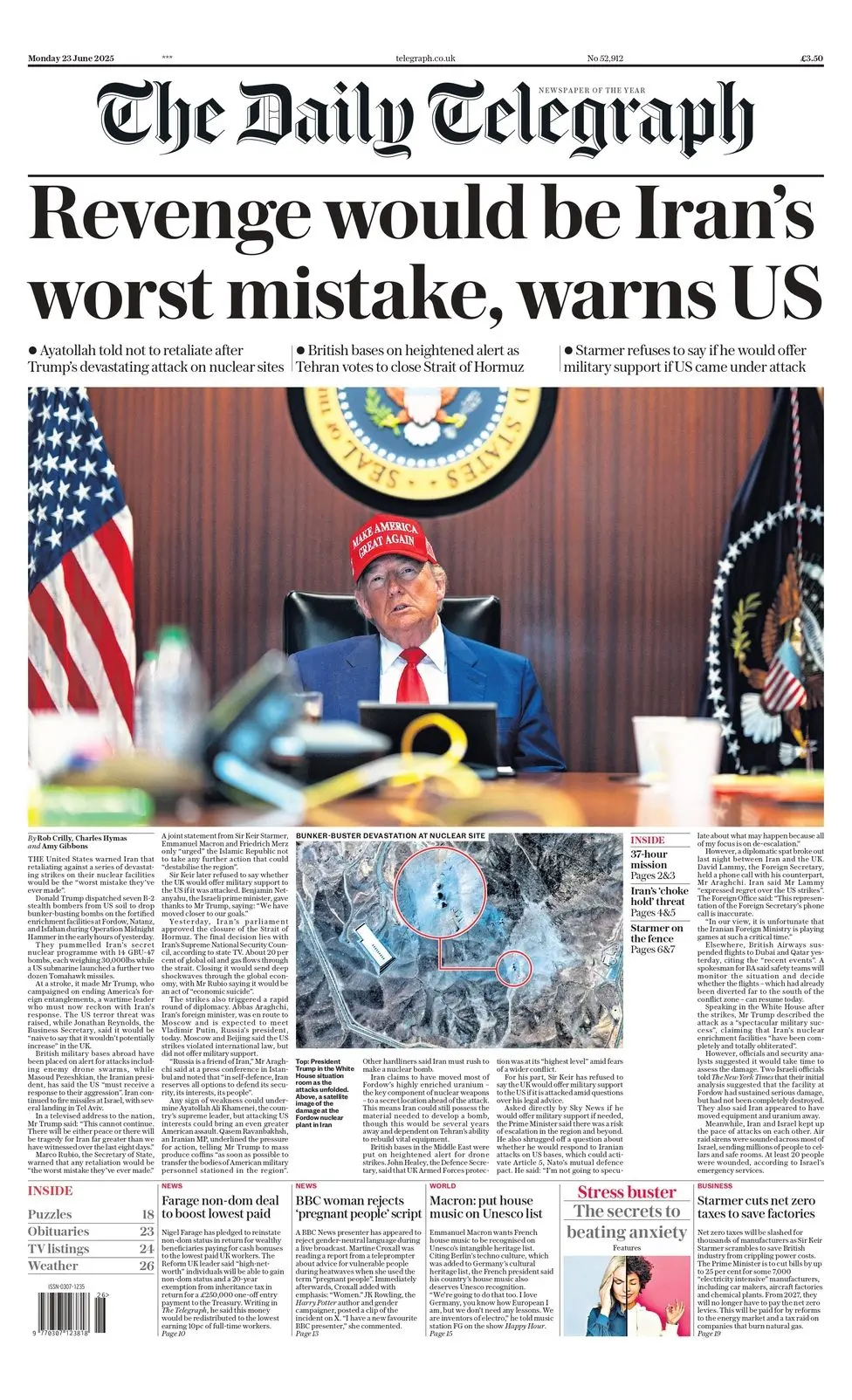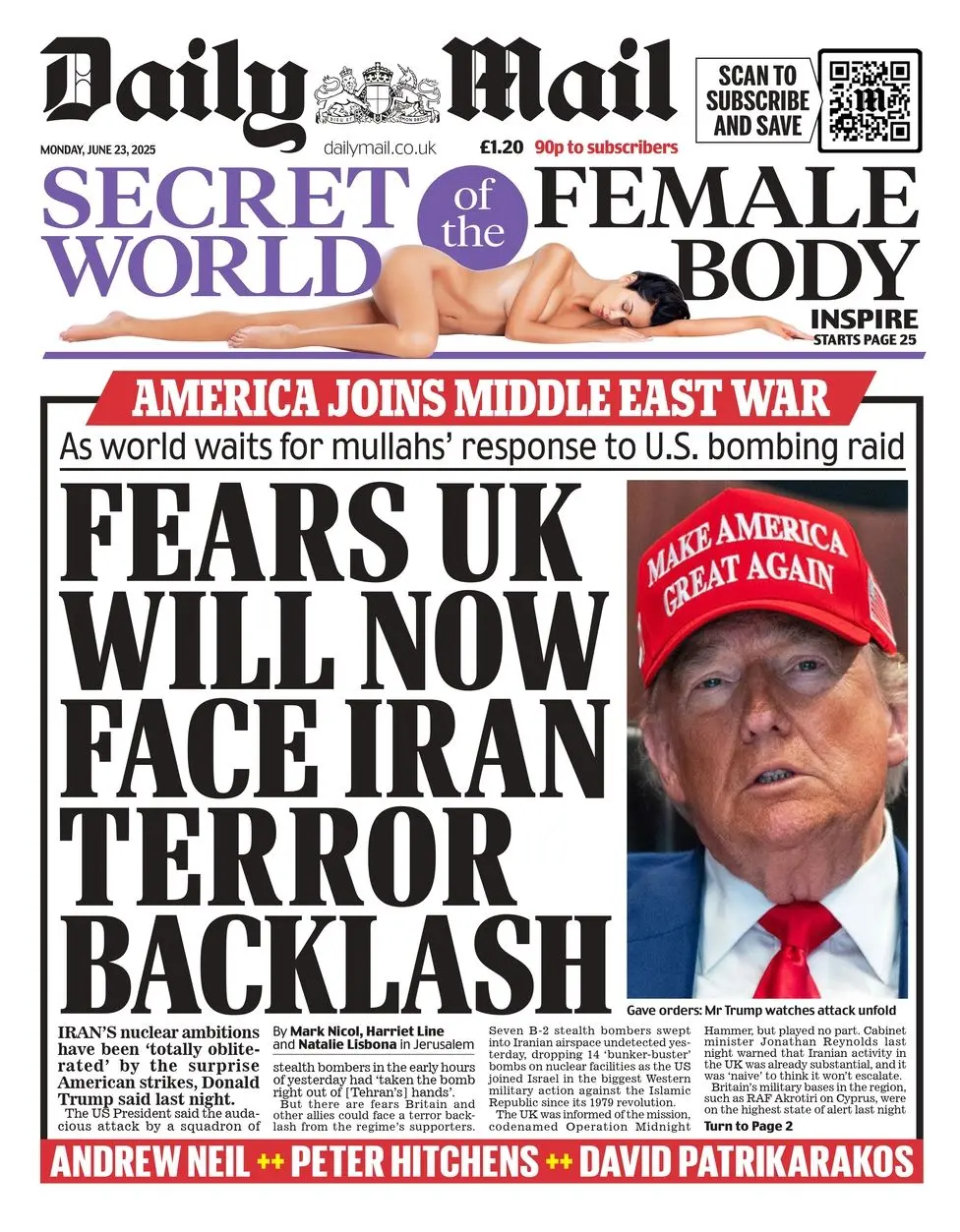Latest News
- ‘Special player’ – Arsenal and Man Utd target likened to Andrea Pirlo amid £100m transfer links
- Homeownership Declines in Nearly Half of European Countries, Report Finds
- Virginia Giuffre’s Family Releases Statement Following Andrew Mountbatten-Windsor’s Arrest
- How Might a US Attack on Iran Develop? Understanding Trump’s Timeline Explained
- Cole Palmer’s friend makes Man Utd transfer claim after holiday with Chelsea star
- Salomé Zourabichvili Calls for Constraints on Vladimir Putin in Interview
- ‘ diners dash after racking up £234 Valentine’s meal bill | News UK’
- Spain legalises status for 500,000 undocumented migrants, clarifies rights


